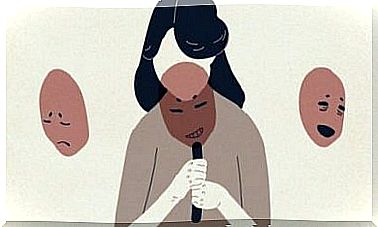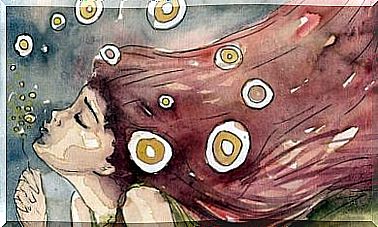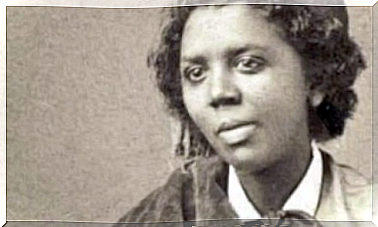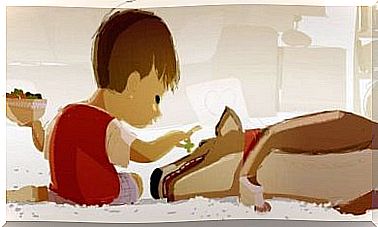How Can We Learn To Accept Death?

It is strange how difficult it is for us to accept the most indisputable fact in life: death. After all, it is an absolute truth that we will all die. No one escapes this fate. Yet we try to deny or escape from it for much of our lives. Some people avoid all thoughts or conversations that have to do with death.
Yet it has not always been so. In ancient Egypt, for example, death was a daily matter. The pharaohs and the nobles, as well as their slaves, spent a large part of their lives preparing for death. Men of power usually designed their extravagant tombs long before their deaths. For they did not believe that life ended with physical death.
The ancient Romans also had a tradition that says a lot about how they thought about life and death. When great generals achieved a military victory, they entered the city in the middle of a ‘lane of honor’. Everyone cheered them on.
But behind them, a slave had to repeat the following sentence in their ear: “memento mori”. This means ‘remember you will die’. It was not my intention to hasten the moment. They just wanted to remind him that no triumph is so great that it lets you escape death.
Death as a desire and a goal
The Middle Ages were the era of religious obscurantism, or at least in the West. The world was seen as the creation of God. Everything that happened in the world had meaning within divine logic. Death was a step that made an encounter with God possible. Corporal life was only a harbinger of that final and eternal existence.

One writing that really captures this era is the poem Vivo sin vivir en mi by Saint Theresa of Avila. The first stanza reads:
This reflects the idea of death as a desire. But the impossibility of believing that a human life is coming to an end is also contained in this poem. It didn’t matter how it was presented. They fully accepted the reality of death. They didn’t struggle with accepting death as a fact to be talked about and remembered. Death was given a symbolic explanation. It was seen as something you had to be ready for.
Modern Times: The Difficult Struggle to Accept Death
Over the centuries, science has disappointed the imaginations of many people. Even today, many still resist some of its truths. Modernity has allowed science to flourish in a new way. Leonardo Da Vinci stood at the dawn of this century of science. He had the audacity to perform autopsies. With this, the sacred halo that hung over death began to crack.
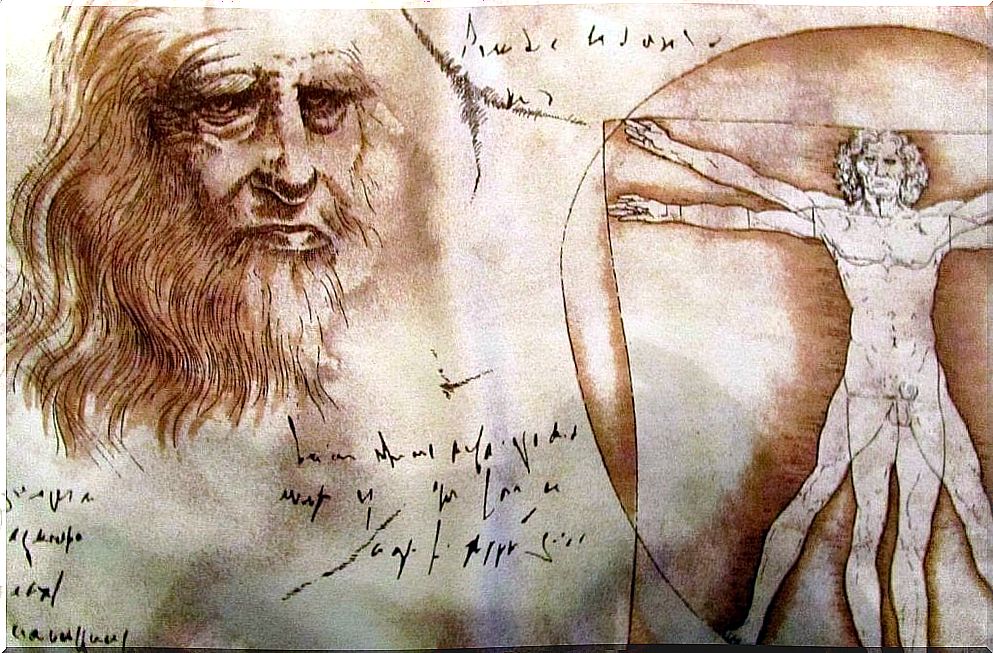
At that time, the great doctors and scientists who began to fight death also appeared. The subject became a scientific matter and not a religious one. For one purpose of this new knowledge was to prolong life. This was now seen as the supreme good. It was also discovered that man was an evolved mammal. The laws of biology were as applicable to us as they were to other animals.
For the first time, a group of thinkers stopped believing in God. They no longer believed that there was anything beyond physical life. Various movements arose to express this. They were very frustrated with life and showed it. Nihilism and existentialism are two of these movements. The attitude of the people who adhered to this way of thinking can be situated somewhere between disappointment and criticism.
How do we deal with death today?
The industrial revolution brought with it mass production and a sense that there were no restrictions. They proclaimed the end of history. There was a technological revolution that had no predecessor. Step by step we entered the world of the ephemeral, of disposable… of short life cycles, which only end and then start again.
The idea of death faded. It began to disappear from the fear of man. We have almost completely replaced time to think about the subject with work. The pace of events makes us hardly think about how we will organize the next hour, let alone our death. It is as if death has become a catastrophic surprise, and less real.
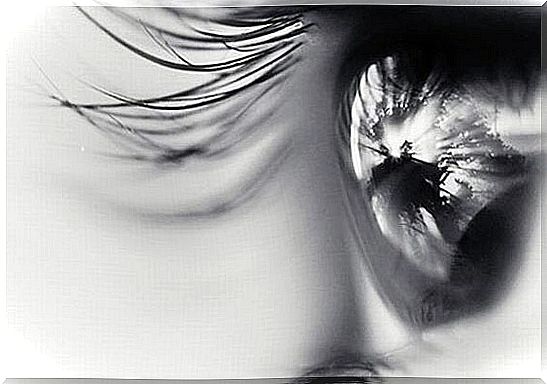
The denial of death is so intense that some people even refuse to mourn when death shows its face. They try to get over it quickly. Return to your routine as soon as possible, over to your usual worries. Act as if it is not a reality, or at least as if it is a reality that is far away from you.
And what’s the use of thinking about death? Why accept death as a fact from which you cannot escape? These are questions that many ask. The answer lies in the depression and anxiety that overwhelm many of us. But perhaps accepting death is an exceptional way to learn how to really live. If we are more aware that everything ends eventually, then there is a reason to find meaning in this life.
